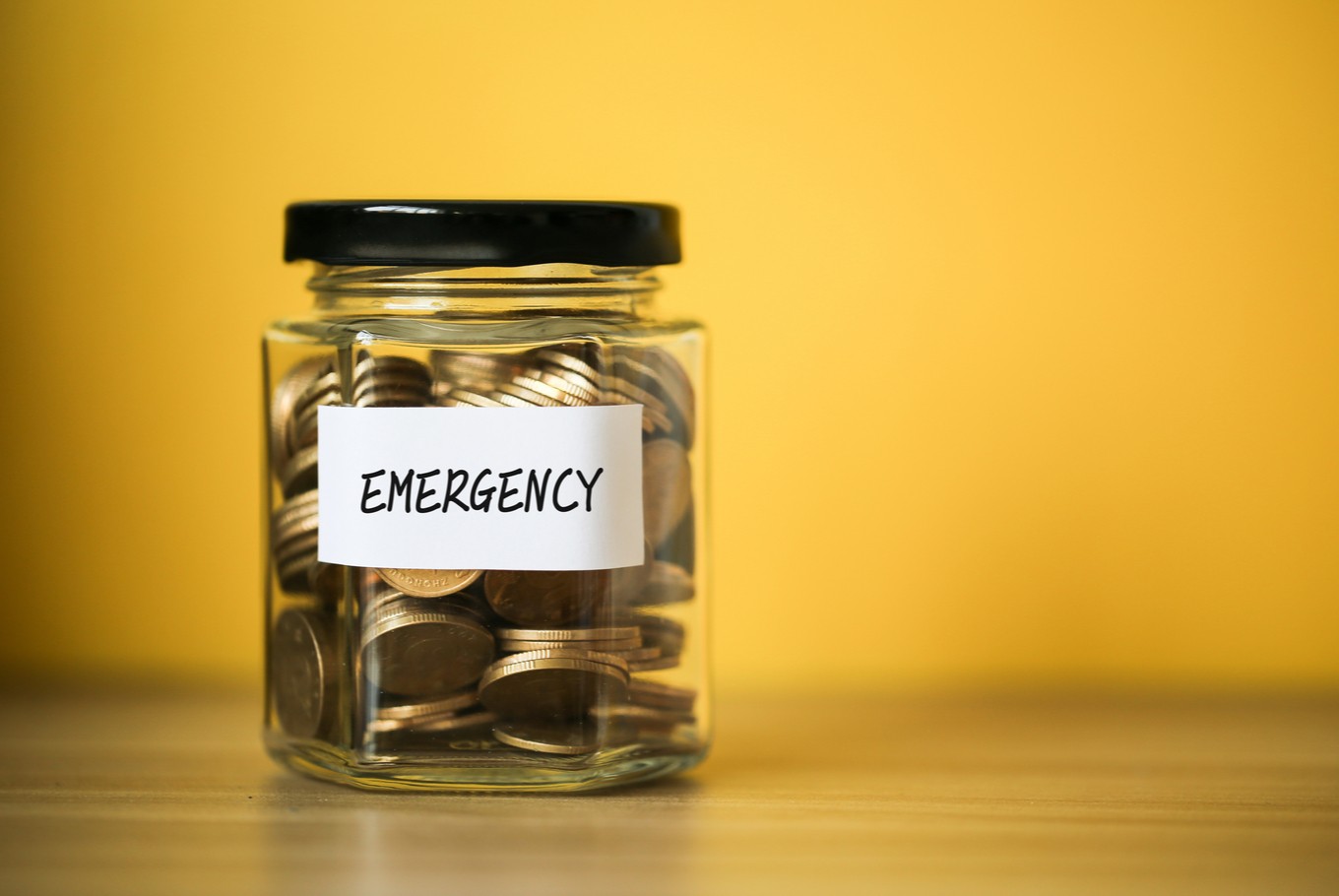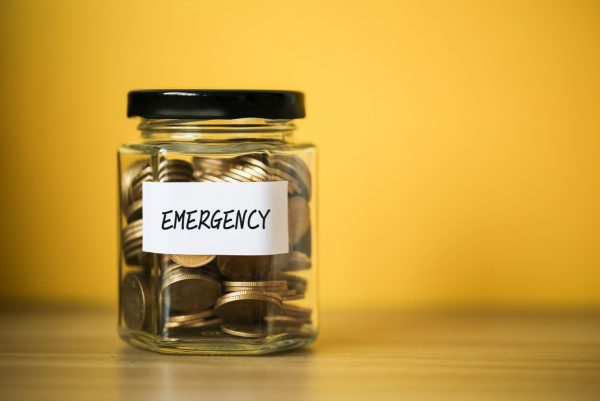Did I just hear you say ‘God Forbid?’
No one prays for emergencies but they do happen. It is better to be prepared for an emergency and it does not happen than not being prepared and it happens. Making provisions for an emergency does not mean you are praying for it to happen, it simply means you recognize the need for you to stay on top of every situation that may arise.
Read more about Finance
What Is An Emergency Fund?
An emergency fund simply refers to an amount of money set aside for use in the event of any financial difficulty or distress. An emergency fund could also be used to take care of a financial loss or damage that may be difficult to be taken care of on a normal day. Some situations that could require you to set aside an emergency fund include medical emergencies, job loss, accidents, damages, unplanned travel expenses, and sometimes even education expenses.
Why You Need An Emergency Fund
It is a known fact that some emergencies occur that are as a result of our failures or shortcomings while most emergencies are not in any way related to or caused by us. In 2020, for instance, the whole world was hit with a major crisis (COVID-19) that led to the shutdown of most economic activities. Most persons lost their jobs and most businesses could not stay afloat and had to shut down. Most families and individuals who had emergency funds were able to remain comfortable throughout the period the lockdown lasted. So, having an emergency fund will go a long way in achieving the following for you
Provides A Safety Net Or Fallback
An emergency fund provides you with a form of safety net and fallback plan that can help you stay afloat in a time of financial difficulty. In the event of a job loss, for instance, an emergency fund can help keep continue to sustain yourself for a while till you can sort out your employment.
Sign up for the Connect Nigeria daily newsletter
Takes A Significant Amount Of Stress Off You
By providing you with a safety net, an emergency fund go a long way in making a significant amount of stress off you. Most individuals in the event of medical emergencies have shied away from medical attention simply because they do not have the fund to pay for such. But, with an emergency fund in place, you can easily take care of some of your medical bills.
Saves You From Unfair Financial Arrangements
Times of emergency are desperate times that could lead one to cut deals or enter into certain financial arrangements that could come back later to haunt or affect them in the future. Many persons have sold off their highly prized assets for peanuts to meet up with an emergency while some others have taken out loans that they may never be able to pay back. Situations like these can be reduced, if not avoided, with a viable emergency fund in place.
Register to attend the Connect Nigeria Business Mixer
How Much Qualifies For An Emergency Fund?
In deciding the amount of money to put away, you need to understand that there is no rule or limit on what you should put away in an emergency. Many financial experts advise that individuals should put away up to 6 months of their salaries in an emergency fund. This advice probably has changed in the aftermath of COVID-19 as most experts now advise individuals to set aside at least one year’s salary.
While this may not be possible for certain individuals to achieve due to other financial demands upon them, it is important that you determine an amount that can work well for you. In doing this, you have to carefully consider your current income, your current basic expenses and the risks you are exposed to as an individual.
Closing Thoughts
Having an emergency fund is often advised as a risk management strategy, especially in some cases where such risks can easily be taken care of by the emergency fund. In such a case, you are simply retaining your risks. Remember that in some instances, there are other ways to handle risks, such as insurance. that may prove better than retaining the risks yourself. Consult a financial adviser to help you determine what will work best for your situation.
Featured Image Source: FundQuest
Got a suggestion? Contact us: [email protected]


